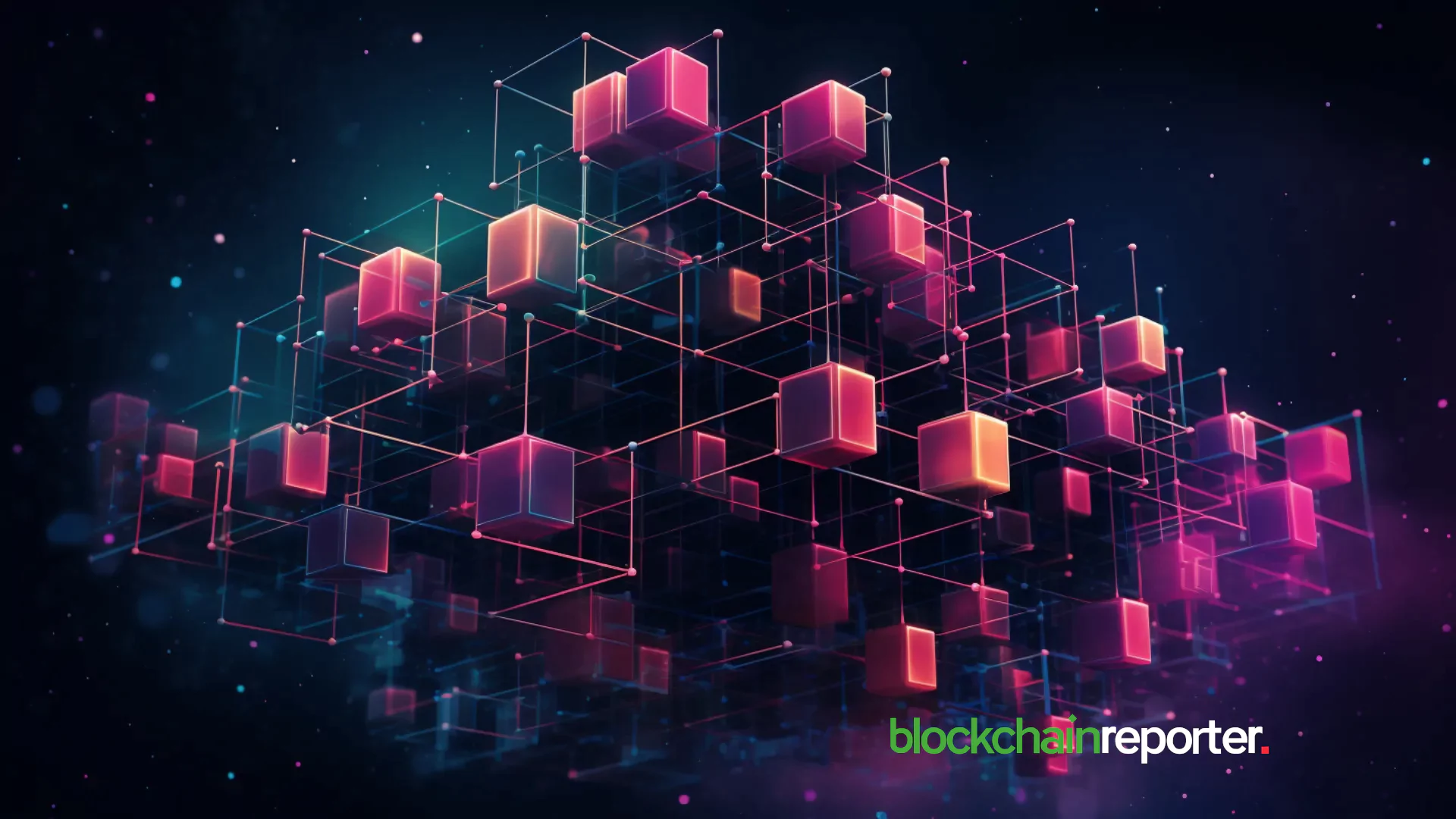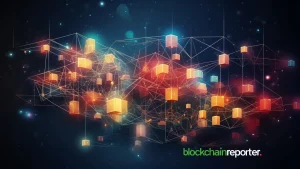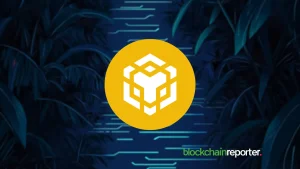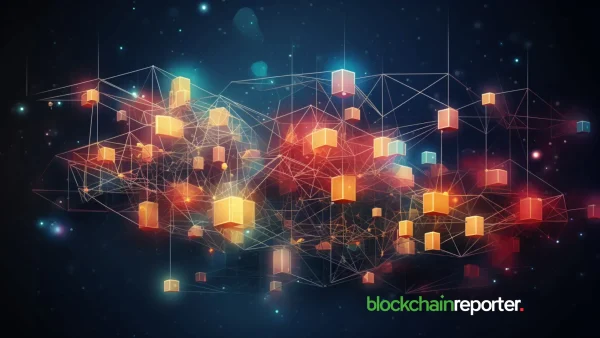
Today, Glacier Network has announced a new partnership with Talus Network. Talus Network is an AI smart agent hub. It is known for providing on-chain solutions with speed, security, and liquidity. The collaboration between these two networks aims to enhance secure data sharing, ownership, and fair monetization through the use of smart agent technology.
Talus Network Enhances User Experience with AI-Powered Smart Agents
Talus Network is a Layer 1 blockchain with high throughput. What makes it different is that it brings together AI and Blockchain to enable decentralized on-chain smart agents. These smart agents are autonomous programs. These are crafted for executing actions, taking decisions and working in blockchain surroundings without human intervention. They are able to perform various things on-chain, as well as modulate data. Additionally, they engage with other digital assets to enrich user experiences.
Secure smart contract execution infrastructure for supporting Talus Network with smart agents and Dedicated AI features such as mirror objects. It also provides cross-chain interoperability, using the Inter-Blockchain Communication (IBC) protocol. This, in turn, makes it possible for agents to work across a wide variety of blockchain environments.
Talus and Glacier Integration Expands Dataset Supply
Glacier Network is a blockchain infrastructure as scalable and modular suited for AI community. The GlacierAI Decentralized Vector Database leverages LLM embedding technology that transforms all raw data points into a standard vector. This is a format that has been made to store and query high-dimensional vector data in an efficient manner.
The collaboration of Talus and Glacier networks is another method to expand access to large quantities of datasets. This is a crucial feature to unlock the unlocking of AI data assets in a trustless and self-sovereign manner. This will allow three parties to work within a trusted dataset without intermediaries. In addition to this, Glacier Network will release smart agents for better decentralized training.
Lastly, this collaboration signifies a major advancement in the journey towards establishing a fully decentralized data ecosystem. It represents a crucial milestone in empowering users with greater autonomy and control over their data. By integrating cutting-edge technology, this partnership enhances the ability of users to manage, share, and secure their information in an unprecedented manner. Moreover, the collaboration sets a new standard in data privacy and decentralization, paving the way for more future developments








